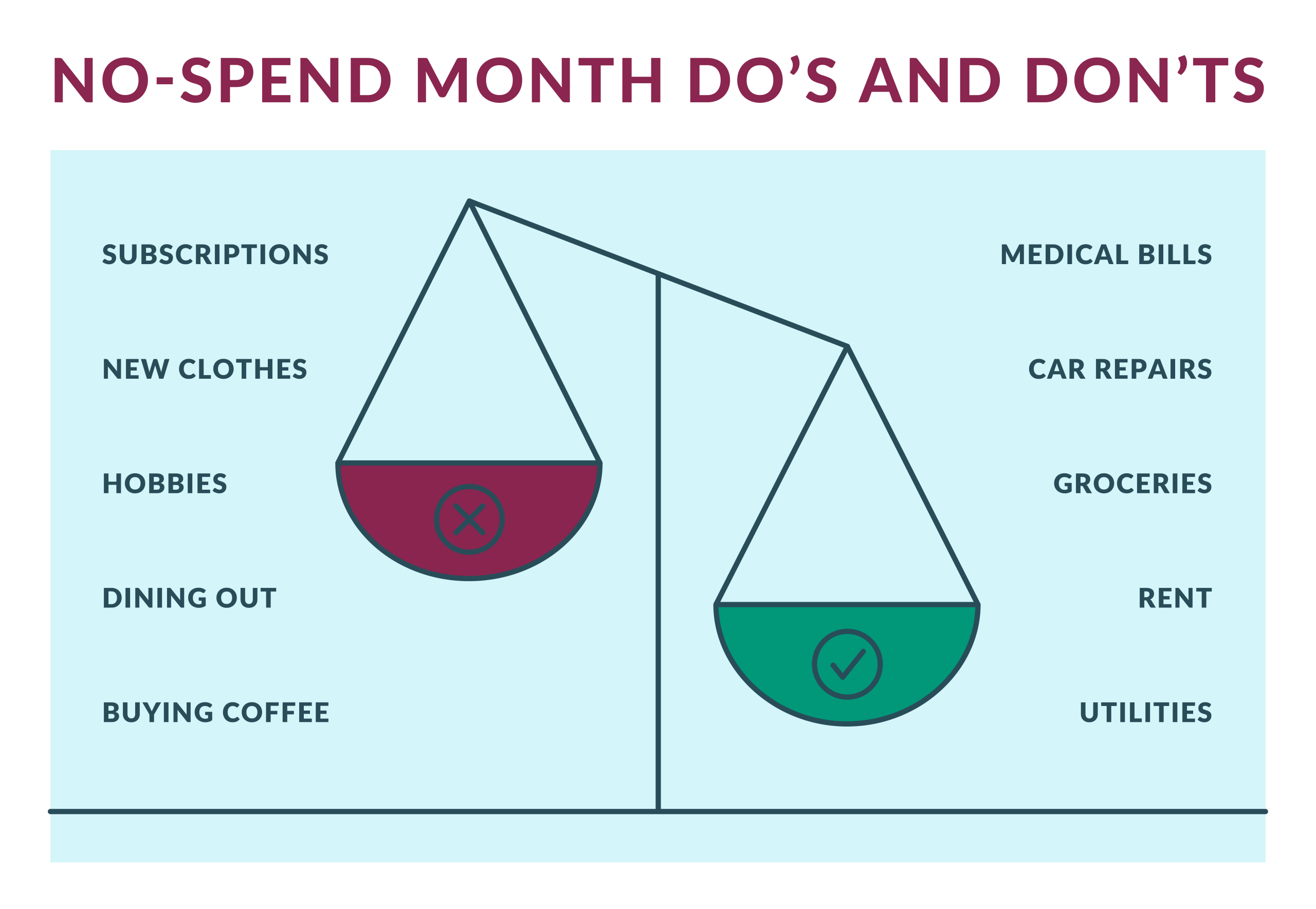Anúncios
Getting a credit builder loan can be a pathway to achieving financial success in the U.S.
A good credit score allows you to access better loan terms, lower interest rates, and greater financial opportunities. However, for individuals with little or no credit history, qualifying for traditional credit products can be difficult.
A credit builder loan is a financial tool specifically designed to help people establish or improve their credit.
Unlike traditional loans, this type of loan does not provide immediate access to funds. Instead, it helps individuals build a strong credit profile by demonstrating responsible payment behavior.
This article explains everything you need to know about it, including how it works, who they’re designed for, alternative credit-building options, and a step-by-step guide to securing one.
What is a credit builder loan?
A credit builder loan is a unique financial product designed for people with little or no credit history.
Unlike standard personal loans, where borrowers receive funds upfront, credit builder loans require the borrower to make payments first.
The lender holds the loan amount in a secured account, and only after the borrower successfully completes all payments does the money become accessible.
The main purpose of a credit builder loan is to help individuals develop a record of on-time payments, which is a crucial factor in credit scoring.
Since these payments are reported to the three major credit bureaus — Experian, Equifax, and TransUnion — they contribute to establishing or improving a credit profile.
Credit builder loans generally range from $300 to $1,000, with repayment periods between six and 24 months.
Interest rates vary depending on the lender, and some institutions may refund part of the interest paid upon loan completion.
How does a credit builder loan work?
The credit builder loan process is straightforward but differs from traditional loans.
After applying and being approved, the lender places the loan amount in a secured savings account or certificate of deposit (CD). The borrower does not have immediate access to these funds.
Each month, the borrower makes fixed payments that include both principal and interest. These payments are reported to the credit bureaus, helping build a positive credit history over time.
Unlike conventional loans, where the borrower gets funds upfront and repays the lender, a credit builder loan requires the borrower to complete all scheduled payments before accessing the money.
At the end of the loan term, the accumulated funds — usually with interest — are released to the borrower.
This means the loan serves a dual purpose: it builds credit and also helps the borrower save money.
Who should consider a credit builder loan?
Not everyone needs a credit builder loan, but for some, it can be an essential tool for establishing or improving their financial history.
This type of loan is ideal for those who struggle to get approved for credit cards and other financial products due to a lack of credit history.
Individuals with limited or no credit history
People who have never used credit before, such as young adults or recent immigrants, often find it difficult to qualify for credit cards or traditional loans.
A credit builder loan offers a structured and manageable way to establish a credit history.
By making on-time payments, individuals in this category can gradually build their credit scores and increase their chances of being approved for other financial products in the future.
Individuals considered “credit invisible”
Many people in the U.S. are considered “credit invisible,” meaning they don’t have enough credit history to generate a credit score.
Without a score, banks and lenders are often hesitant to extend credit.
A credit builder loan can help bridge that gap by creating a record of responsible payment behavior, making it easier to qualify for financial products later on.
When is a credit builder loan not a good option?
While a credit builder loan can be a helpful tool for many, it’s not suitable for everyone. Individuals who already have a strong credit history will see little benefit from taking out this type of loan.
In those cases, alternative financial products like traditional personal loans or low-interest credit cards may be more beneficial.
Another scenario where a credit builder loan may not be advisable is if an individual is struggling with income instability.
Since the loan requires consistent monthly payments, missing payments can actually harm a person’s credit score instead of improving it.
If on-time payments are uncertain, it may be better to explore other credit-building options that offer more flexibility.
Are there other ways to build credit?
Yes, in addition to a credit builder loan, there are alternative ways to establish or improve a credit history.
A secured credit card is one of the most common alternatives. This type of card requires a refundable security deposit, which becomes the credit limit.
Responsible use of a secured credit card — such as making payments on time and keeping balances low — can help build credit while also providing access to funds for daily expenses.
Another effective strategy is becoming an authorized user on someone else’s credit card.
If a trusted family member or friend adds someone to their credit account as an authorized user, that person can benefit from the primary account holder’s good credit habits.
This method works best when the account is well-managed, with on-time payments and low credit utilization.
Some services also allow individuals to report rent and utility payments to credit bureaus.
Since these payments are typically not included in credit reports, signing up for a service that reports them can be an effective way to boost credit history without taking on additional debt.
How to get a credit builder loan
Obtaining a credit builder loan requires planning and research to ensure the option fits the applicant’s financial needs.
Following a few essential steps can make the process easier and improve the chances of successfully building a solid credit history.
Check your budget
Before applying for a credit builder loan, it’s important to assess your financial situation.
Reviewing monthly income and expenses ensures that loan payments can be made comfortably without financial strain.
Because missed payments can negatively impact a credit score, borrowers should only take out a loan if they are confident they can stay current with payments.
Review your credit report
Even if an individual has little or no credit history, getting a free copy of their credit report can provide helpful insights.
This helps identify any errors or areas for improvement before applying for a loan.
Credit reports can be accessed for free once per year through AnnualCreditReport.com.
Research lenders and compare loan options
Not all lenders offer credit builder loans, and terms can vary significantly. Many community banks, credit unions, and online lenders provide these loans.
Comparing interest rates, fees, and repayment terms is essential to finding the best option.
Also, choosing a lender that reports payments to all three major credit bureaus maximizes the credit-building benefits of the loan.
Gather the necessary documents
To complete the application, most lenders require proof of identity, proof of income, and proof of residency.
Having these documents ready can speed up the approval process.
Submit the loan application
Once a lender is selected, the application process can usually be completed online or in person.
Providing accurate information and double-checking all details can help avoid delays.
Make on-time payments
Once approved, the most critical step is to make all payments on time.
Payment history is the most significant factor in your credit score, so consistent on-time payments ensure the loan fulfills its credit-building purpose.
A credit builder loan is a valuable tool for those looking to establish or improve their credit history. By making regular, on-time payments, borrowers can build a positive credit profile while also saving money.
However, it’s not the right option for everyone. Those who already have established credit or who may struggle with monthly payments should consider alternative ways to build credit.
Whether through a credit builder loan, a secured credit card, or rent-reporting services, taking steps to build credit responsibly can lead to better financial opportunities in the future.
If you’re ready to improve your credit, explore the available options and take control of your financial journey today.
For more insights and financial tips, keep visiting our website and stay informed on the best ways to build a strong credit foundation.
Want a suggestion? Check out our content on how to get out of debt!






